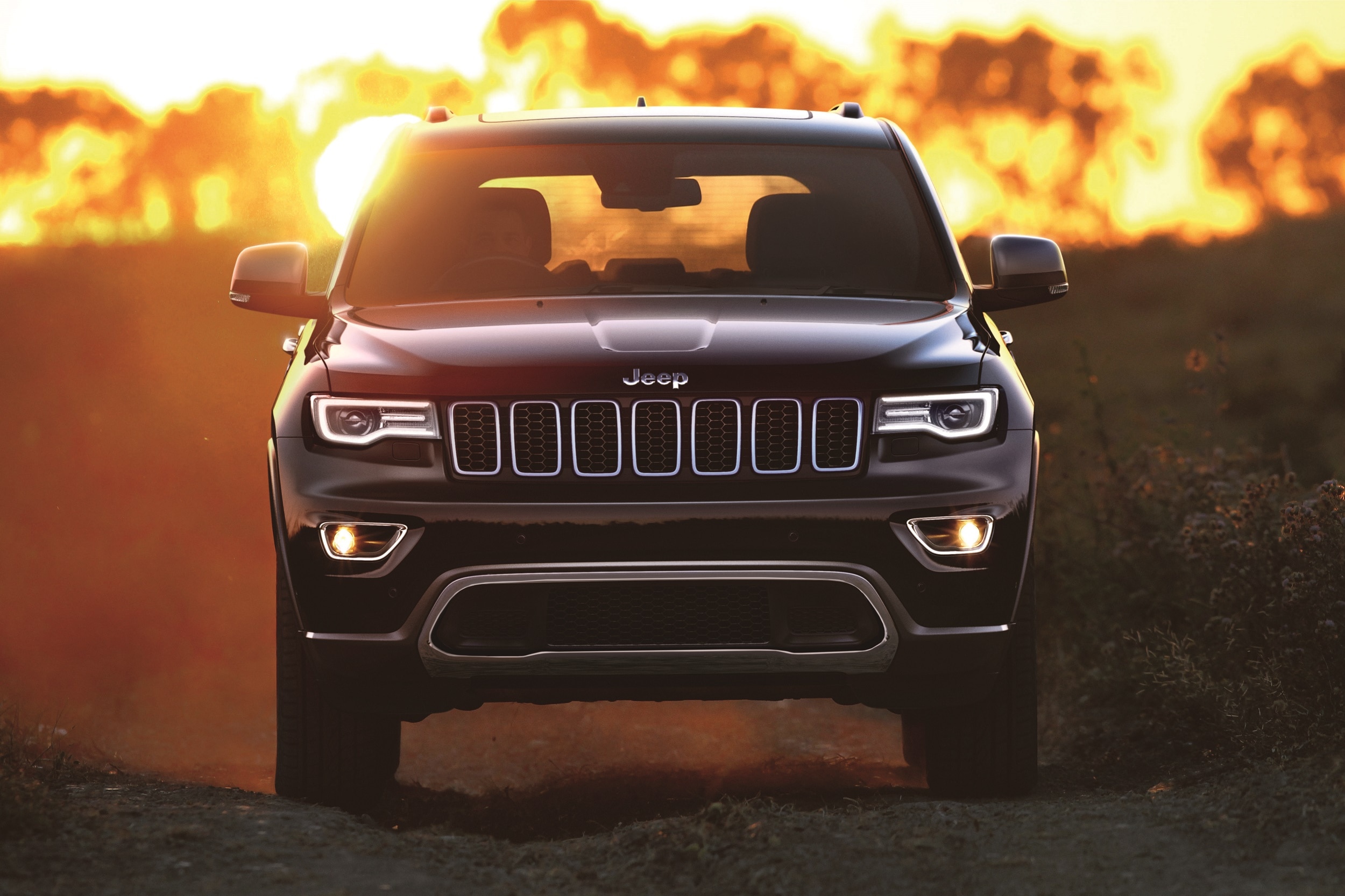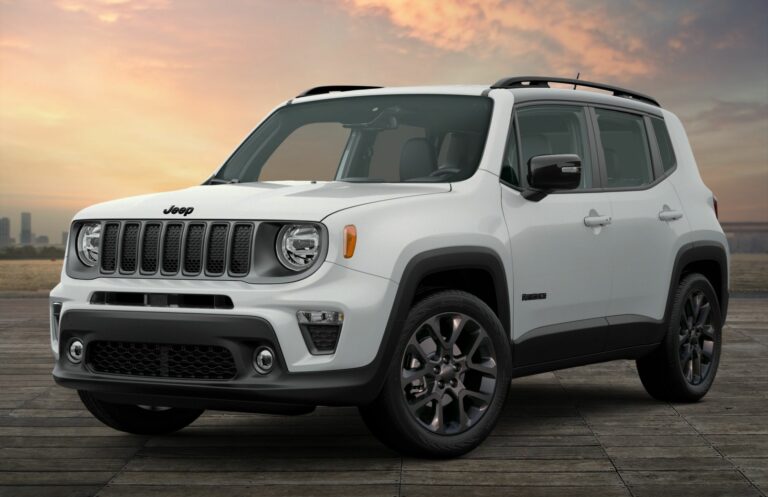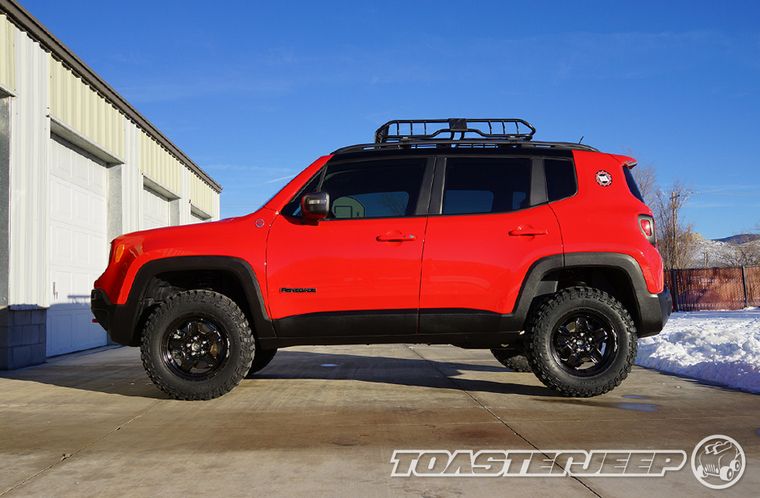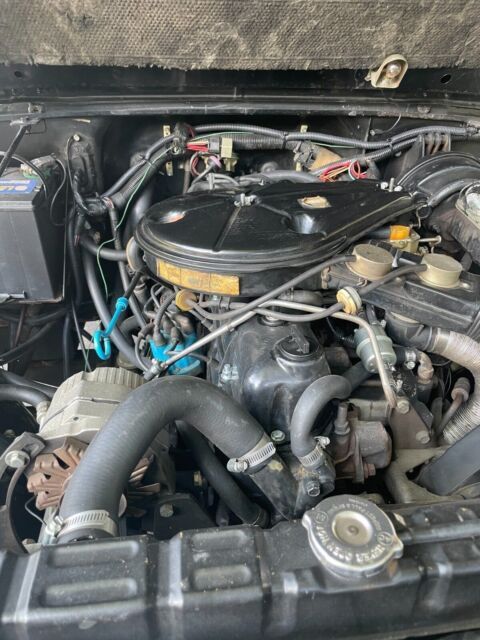Jeep FSJ For Sale: Your Ultimate Guide to Owning an American Icon
Jeep FSJ For Sale: Your Ultimate Guide to Owning an American Icon /jeeps.truckstrend.com
In the vast landscape of classic American automobiles, few vehicles command the same nostalgic reverence, rugged appeal, and enduring spirit as the Jeep Full-Size Jeep, affectionately known as the FSJ. More than just a mode of transportation, an FSJ is a statement, a piece of history, and for many, a passion project. Whether you dream of a wood-paneled Grand Wagoneer cruising down a scenic highway, a robust J-Series pickup tackling a challenging trail, or a classic Cherokee (SJ) as your unique daily driver, the journey of finding a Jeep FSJ for sale is an adventure in itself.
This comprehensive guide is designed to equip you with the knowledge, insights, and practical advice needed to navigate the exciting, sometimes challenging, world of FSJ acquisition. From understanding their legacy to inspecting potential candidates and preparing for ownership, we’ll cover everything you need to know before you bring one of these iconic machines home.
Jeep FSJ For Sale: Your Ultimate Guide to Owning an American Icon
Understanding the FSJ Legacy: What Makes Them Special?
The term "FSJ" encompasses a range of full-size Jeep models produced from 1963 to 1991. These vehicles, including the legendary Wagoneer, Grand Wagoneer, Cherokee (SJ), and J-Series Pickups (J10, J20, Gladiator), defined the luxury SUV segment long before it was a recognized category. They pioneered concepts like four-wheel drive in passenger cars, automatic transmissions, and air conditioning, making them remarkably advanced for their time.
What sets them apart, even today?
- Timeless Design: The iconic styling, particularly of the Grand Wagoneer with its faux wood paneling, evokes a bygone era of American automotive design – robust, elegant, and undeniably cool.
- Legendary Durability: Built on a sturdy body-on-frame chassis with solid axles, FSJs were engineered for abuse. Their mechanical simplicity makes them highly repairable and a favorite among off-road enthusiasts.
- Capable Powertrains: Most FSJs were powered by AMC V8 engines (360 and the rarer 401 cubic inch versions), known for their torque and reliability. Paired with robust transmissions (like the Torqueflite 727 or TH400) and various transfer cases (including the innovative Quadra-Trac full-time 4WD system), they were formidable in any terrain.
- Community and Support: A vibrant and passionate community surrounds FSJs, offering a wealth of knowledge, parts sources, and camaraderie.

For many, an FSJ isn’t just a vehicle; it’s a connection to a simpler time, a symbol of American ruggedness, and a canvas for personalization or meticulous restoration.
Where to Find Your Dream FSJ: Top Sources and Strategies
Finding the right Jeep FSJ for sale requires patience and knowing where to look. Unlike modern vehicles, these classics aren’t typically found on new car lots.
-
Online Marketplaces:
- Craigslist & Facebook Marketplace: These are excellent starting points for local finds. Use specific search terms like "Jeep Wagoneer," "Grand Wagoneer," "Jeep Cherokee SJ," "Jeep J10," "Jeep J20," or simply "FSJ." Be prepared for a wide range of conditions and prices.
- eBay Motors: A broader reach, often featuring vehicles from across the country. You’ll find everything from basket cases to fully restored examples. Pay close attention to seller ratings and detailed descriptions.
- Bring a Trailer (BaT) & Cars & Bids: These auction sites specialize in enthusiast vehicles and often feature high-quality, well-documented FSJs, particularly Grand Wagoneers. Prices here tend to be higher due to the curated selection and bidding process.

-
Specialized Forums and Online Communities:
- FSJ Network (fsjnetwork.com): A cornerstone of the FSJ community, this forum has classified sections where owners buy and sell.
- Wagoneer World (wagoneerworld.com): Another dedicated resource for Wagoneer enthusiasts.
- Facebook Groups: Search for "Jeep FSJ Owners," "Grand Wagoneer For Sale," or specific model groups. These are highly active and often have vehicles listed directly by owners.
-
Classic Car Dealers and Auctions:
- For those seeking a turn-key, restored FSJ, classic car dealerships or major auction houses (like Mecum or Barrett-Jackson) might be an option. Be prepared for premium pricing.
-
Word-of-Mouth & Local Finds:
- Sometimes, the best deals are found through casual conversations. Let friends, family, and local mechanics know you’re looking. Check local farm sales, estate sales, or even just drive through rural areas – you might spot a forgotten gem.
Tips for Searching: Be specific with your search terms, but also broad. Use variations of model names and keywords. Set up alerts on marketplaces to be notified of new listings.
Evaluating an FSJ: What to Look For Before You Buy
Purchasing an FSJ is not like buying a modern used car. A thorough inspection is crucial. If you’re not mechanically inclined, seriously consider hiring a qualified mechanic specializing in classic cars or 4x4s for a Pre-Purchase Inspection (PPI).
-
Rust (The Silent Killer): This is the single biggest concern.
- Frame: Inspect the entire frame for rot, especially near suspension mounts, body mounts, and crossmembers. Tap with a hammer – a dull thud indicates rust, a sharp ping means solid metal.
- Body: Check rocker panels, floorboards (under carpets), wheel wells, inner fenders, tailgate (especially Grand Wagoneers), and around the windshield and rear window.
- Common Rust Spots: Tailgate hinge areas, lower front fenders, behind the front wheels, and the area under the rear seats.
-
Engine and Drivetrain:
- Engine: Listen for knocking, excessive smoke (blue for oil, white for coolant, black for fuel issues), or unusual noises. Check oil and coolant levels and condition. Look for leaks. A healthy AMC V8 should start easily and idle smoothly.
- Transmission: Check fluid color and smell (should be red, not burnt). Test all gears, including reverse. Listen for clunking or slipping.
- Transfer Case & 4WD: Engage 4WD (both high and low range if applicable) and drive a short distance (on a loose surface if full-time 4WD). Listen for grinding or binding.
- Differentials: Check for leaks and listen for whining noises on a test drive.
-
Suspension and Steering:
- Look for worn bushings, ball joints, and tie rod ends.
- Check for excessive play in the steering wheel – a common issue that can indicate a worn steering box.
- Inspect leaf springs for cracks or sagging.
-
Electrical System:
- Power Windows: Grand Wagoneers are notorious for slow or non-functional power windows. Test all of them.
- Gauges & Lights: Ensure all dashboard gauges (oil pressure, temp, fuel, volts) work. Test all exterior and interior lights.
- HVAC: Check the heater and air conditioning (if equipped). AC systems often need a full overhaul.
-
Interior and Exterior:
- Interior: Assess the condition of upholstery, headliner, dashboard (cracks are common), and the famed woodgrain trim (on Grand Wagoneers). Original parts can be hard to find.
- Exterior: Check body panel alignment, paint condition, and chrome trim. The faux woodgrain on Grand Wagoneers is often faded or peeling.
-
Documentation: Request service records, receipts for parts, and a clear title. Verify the VIN.
Understanding FSJ Condition Categories and Their Implications
The price and effort required for an FSJ vary dramatically with its condition. Understanding these categories will help set realistic expectations.
- Project Vehicle ($1,000 – $5,000): These are typically non-running, heavily rusted, or mechanically compromised vehicles. They require extensive work (engine rebuild, rust repair, interior overhaul) and are best suited for experienced mechanics or those with a substantial budget for professional restoration.
- Driver Quality ($5,000 – $15,000): These FSJs are generally running and driving but will have significant cosmetic flaws, some mechanical issues, and deferred maintenance. They can be enjoyed immediately but will require ongoing work to improve their condition.
- Restored/Show Quality ($25,000 – $80,000+): These are vehicles that have undergone professional, comprehensive restorations. They are often in near-perfect condition, mechanically sound, and aesthetically stunning. They command premium prices and are ideal for collectors or those who want a turn-key classic.
- Original Survivor ($15,000 – $40,000+): A rare category for FSJs that have been meticulously maintained throughout their lives, retaining their original paint, interior, and major mechanical components. Their value lies in their originality and low mileage, often requiring only minor reconditioning.
The Cost of FSJ Ownership: Beyond the Purchase Price
Buying an FSJ is just the beginning. Be prepared for ongoing costs.
- Parts Availability: While mechanical parts (engine, transmission, axles) are generally available (many are shared with other AMC/Jeep vehicles), unique body panels, interior trim, and specific electrical components for FSJs can be challenging and expensive to source, often requiring specialized vendors or used parts.
- Maintenance & Repairs: FSJs are not complex, but they are old. Expect regular maintenance and occasional repairs. If you’re handy with a wrench, you can save significantly on labor costs. If not, find a mechanic who is familiar with older vehicles.
- Upgrades: Many owners opt for upgrades like fuel injection (EFI) conversions for improved reliability and fuel economy, suspension lifts, modern braking systems, or engine swaps. These add to the overall investment.
- Insurance: Consider classic car insurance, which often offers lower premiums based on agreed value and limited mileage.
Tips for a Successful FSJ Purchase
- Set a Realistic Budget: Factor in not just the purchase price, but also potential immediate repairs, shipping (if buying remotely), and future upgrades/maintenance.
- Join the Community First: Before you even start looking, immerse yourself in FSJ forums and Facebook groups. Learn from experienced owners, ask questions, and understand common pitfalls.
- Be Patient: The right FSJ might not appear overnight. Don’t rush into a purchase.
- Don’t Be Afraid to Walk Away: If a vehicle doesn’t feel right, has undisclosed issues, or the seller is uncooperative, move on. There will always be other FSJs.
- Verify Title and Documentation: Ensure the seller has a clear title in their name and that the VIN matches.
Jeep FSJ For Sale: Example Pricing Table
Please note: These are estimated price ranges and can vary significantly based on specific model year, mileage, geographic location, seller motivation, and the vehicle’s exact condition and originality. This table is for general guidance only.
| Model | Condition Category | Estimated Price Range (USD) | Key Considerations |
|---|---|---|---|
| Grand Wagoneer | Project | $2,000 – $8,000 | Non-running, heavy rust, major mechanical/electrical issues. Requires full restoration. |
| (1984-1991) | Driver Quality | $8,000 – $25,000 | Runs & drives, but needs significant cosmetic attention (woodgrain, interior), potential mechanical deferred maintenance (A/C, power windows). |
| Good Original | $25,000 – $45,000 | Well-maintained, minimal rust, functioning systems, good original interior/exterior. May need minor refreshing. | |
| Restored/Show | $45,000 – $80,000+ | Professionally restored, excellent condition inside and out, all systems functional. Top-tier examples can exceed $100k. | |
| Wagoneer (SJ) | Project | $1,000 – $4,000 | Older models (pre-1984), likely non-running or significant rust. More basic than Grand Wagoneers, but still robust. |
| (1963-1983) | Driver Quality | $4,000 – $12,000 | Functional, but will have rust, wear, and deferred maintenance. Good for a solid daily driver with character. |
| Restored/Good | $12,000 – $25,000+ | Clean, running, and well-maintained or partially restored. | |
| Cherokee (SJ) | Project | $1,000 – $3,500 | 2-door or 4-door, often found as off-road project vehicles due to ruggedness. Significant work needed. |
| (1974-1983) | Driver Quality | $3,500 – $10,000 | Solid running example, good for off-roading or a unique daily. Expect some rust and wear. |
| Restored/Good | $10,000 – $20,000+ | Clean, well-preserved, or nicely restored examples, especially the sought-after Chief or Laredo trim levels. | |
| J-Series Truck | Project | $1,500 – $5,000 | J10, J20, or Gladiator. Often found as farm trucks, likely rusty and non-running. Great potential for unique builds. |
| (1963-1988) | Driver Quality | $5,000 – $15,000 | Functional pickup, varying levels of rust and wear. Popular for off-road builds or as classic workhorses. |
| Restored/Good | $15,000 – $35,000+ | Nicely restored or exceptionally well-preserved examples. J20s (heavy duty) and Gladiators (early models) can command higher prices. |
Frequently Asked Questions (FAQ) about Jeep FSJ For Sale
Q: What does FSJ stand for?
A: FSJ stands for "Full-Size Jeep." It refers to the Wagoneer, Grand Wagoneer, Cherokee (SJ), and J-Series pickup trucks produced by Jeep from 1963 to 1991.
Q: Are FSJs reliable?
A: When properly maintained, FSJs can be quite reliable. Their mechanical components are robust and relatively simple. However, as older vehicles, they will require consistent maintenance and occasional repairs that modern vehicles might not. Electrical issues (especially power windows) are common.
Q: Are parts hard to find for FSJs?
A: Mechanical parts (engine, transmission, drivetrain) are generally available, often shared with other AMC or Ford vehicles of the era. However, specific body panels, interior trim pieces, and unique electrical components can be challenging to source and may require searching specialized vendors or used parts.
Q: Can I daily drive an FSJ?
A: Yes, many people daily drive their FSJs. However, be prepared for lower fuel economy, a less refined ride than modern SUVs, and the need for regular maintenance. An EFI conversion can significantly improve daily driving characteristics.
Q: What’s the best engine in an FSJ?
A: The most common and widely supported engine is the AMC 360 V8. While the AMC 401 V8 offers more power, it’s rarer and parts can be harder to find. Both are known for their torque and durability.
Q: How much does it cost to restore an FSJ?
A: Restoration costs vary wildly depending on the starting condition and desired level of finish. A full, professional, body-off restoration can easily cost anywhere from $30,000 to $80,000 or more, often exceeding the vehicle’s final value. A DIY restoration will be cheaper but require significant time and effort.
Q: Is a Grand Wagoneer a good investment?
A: Well-preserved or professionally restored Grand Wagoneers have seen significant appreciation in value in recent years, making them potentially good investments. However, like any classic car, their value is tied to condition, originality, and market demand. Buying a project with the sole intent of making a profit can be risky due to high restoration costs.
Conclusion
The hunt for a Jeep FSJ for sale is more than just a transaction; it’s the beginning of a unique journey. These full-size Jeeps represent an iconic era of American automotive ingenuity, blending rugged capability with a distinctive sense of style. Whether you’re seeking a pristine Grand Wagoneer for Sunday cruises, a stout J-truck for hauling and adventure, or a classic Cherokee to restore, the rewards of owning an FSJ are immense.
Armed with knowledge about their legacy, where to find them, what to inspect, and the realities of ownership, you’re now better prepared to embark on this exciting quest. Be patient, be thorough, and embrace the vibrant community that surrounds these magnificent machines. Your perfect FSJ is out there, waiting for its next chapter, and with the right approach, you can be the one to write it.
![]()



